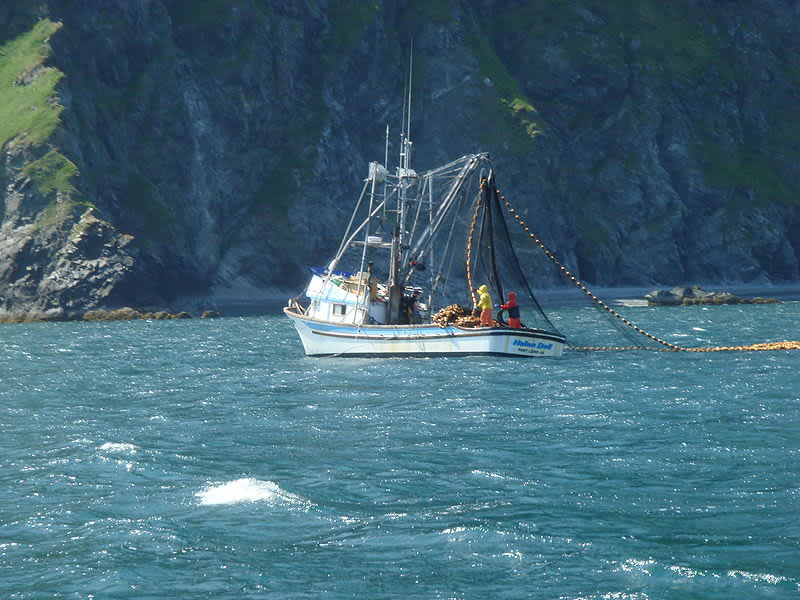NOAA: Ocean Acidification Threatens Alaska Fisheries
OutdoorHub Reporters 08.03.14

A recently published study led by researchers from the National Oceanic and Atmospheric Association (NOAA) may be a dire warning for fisheries in Alaska. According to NOAA, ocean acidification may threaten fishing off the coast of southeast and southwest Alaska in the near future, affecting coastal communities and employment opportunities.
“Ocean acidification is not just an ecological problem—it’s an economic problem,” said Steve Colt, an economist at the University of Alaska Anchorage and co-author of the study. “The people of coastal Alaska, who have always looked to the sea for sustenance and prosperity, will be most affected. But all Alaskans need to understand how and where ocean acidification threatens our marine resources so that we can work together to address the challenges and maintain healthy and productive coastal communities.”
Ocean acidification is best explained as the result of the ocean absorbing more carbon dioxide, turning the waters acidic. This change alters the chemical makeup of ocean water and can be detrimental to marine life such as red king crab, corals, and even some fish species. The effects of ocean acidification are wide-ranging, and scientists warn that communities should start addressing ways to reduce carbon emissions on a global scale.
“We went beyond the traditional approach of looking at dollars lost or species impacted; we know these fisheries are lifelines for native communities and what we’ve learned will help them adapt to a changing ocean environment,” said Jeremy Mathis, another co-author and NOAA oceanographer.
Alaska’s fishing industry provides about 100,000 jobs in the state and more than $5 billion in yearly revenue. A significant portion of the state’s population, around 17 percent, depend on subsistence fishing as well. Scientists are still studying how big of an effect that ocean acidification will have on the state’s coastal fisheries, but since it affects vital links in the food chain like plankton, the result can be hard to predict.

